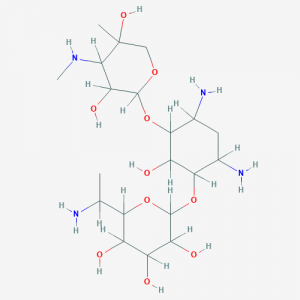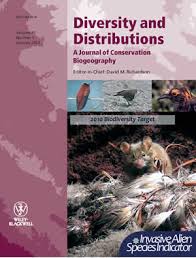
In March 2017, a group of researchers in Vancouver, along with a colleague in Philadelphia, published a paper in the Proceedings of the National Academy of Sciences (PNAS) concluding that a particular antibiotic might be useful for treating conditions in people with rare mutations.
Then, this past July, while continuing the work, they had an unexpected result. That made them suspect that the antibiotic they thought they had ordered, gentamicin, wasn’t what they thought it was. With the help of a different company that sells the antibiotic, they confirmed they were studying a different compound — and retracted the paper.
Here’s the notice for “Gentamicin B1 is a minor gentamicin component with major nonsense mutation suppression activity:” Continue reading Researchers retract PNAS paper when they realize they’d been victims of an antibiotic switcheroo






 A leading journal in ecology and evolution is going through an evolution of its own, following the resignation of its editor in chief and more than half of its editorial board.
A leading journal in ecology and evolution is going through an evolution of its own, following the resignation of its editor in chief and more than half of its editorial board. As we’re fond of repeating, sunlight is the best disinfectant. Which doesn’t jibe with the findings in an eye-catching 2018 paper that found people were less fearful of catching a contagious illness if they were in a dark room or were wearing sunglasses.
As we’re fond of repeating, sunlight is the best disinfectant. Which doesn’t jibe with the findings in an eye-catching 2018 paper that found people were less fearful of catching a contagious illness if they were in a dark room or were wearing sunglasses. 